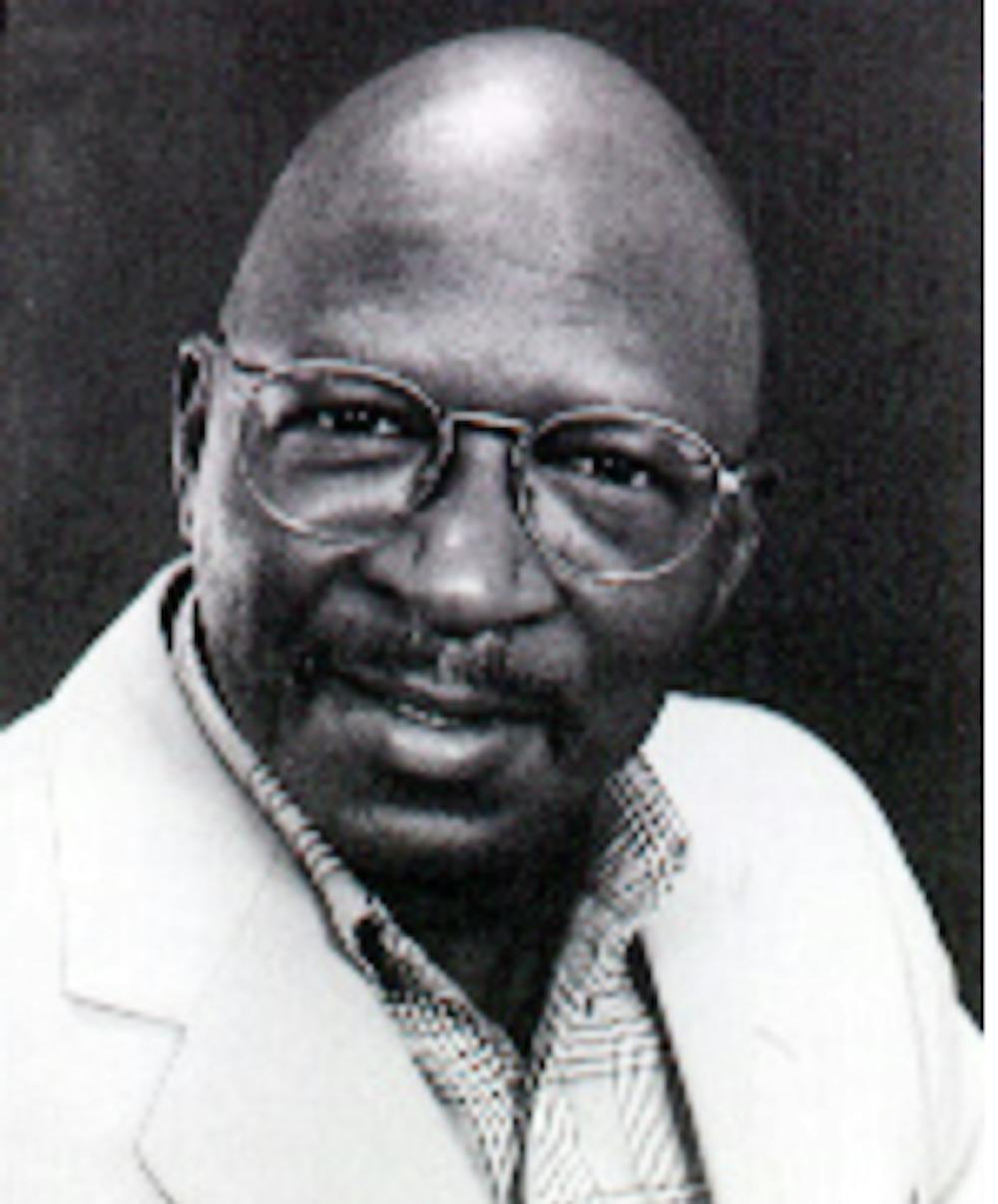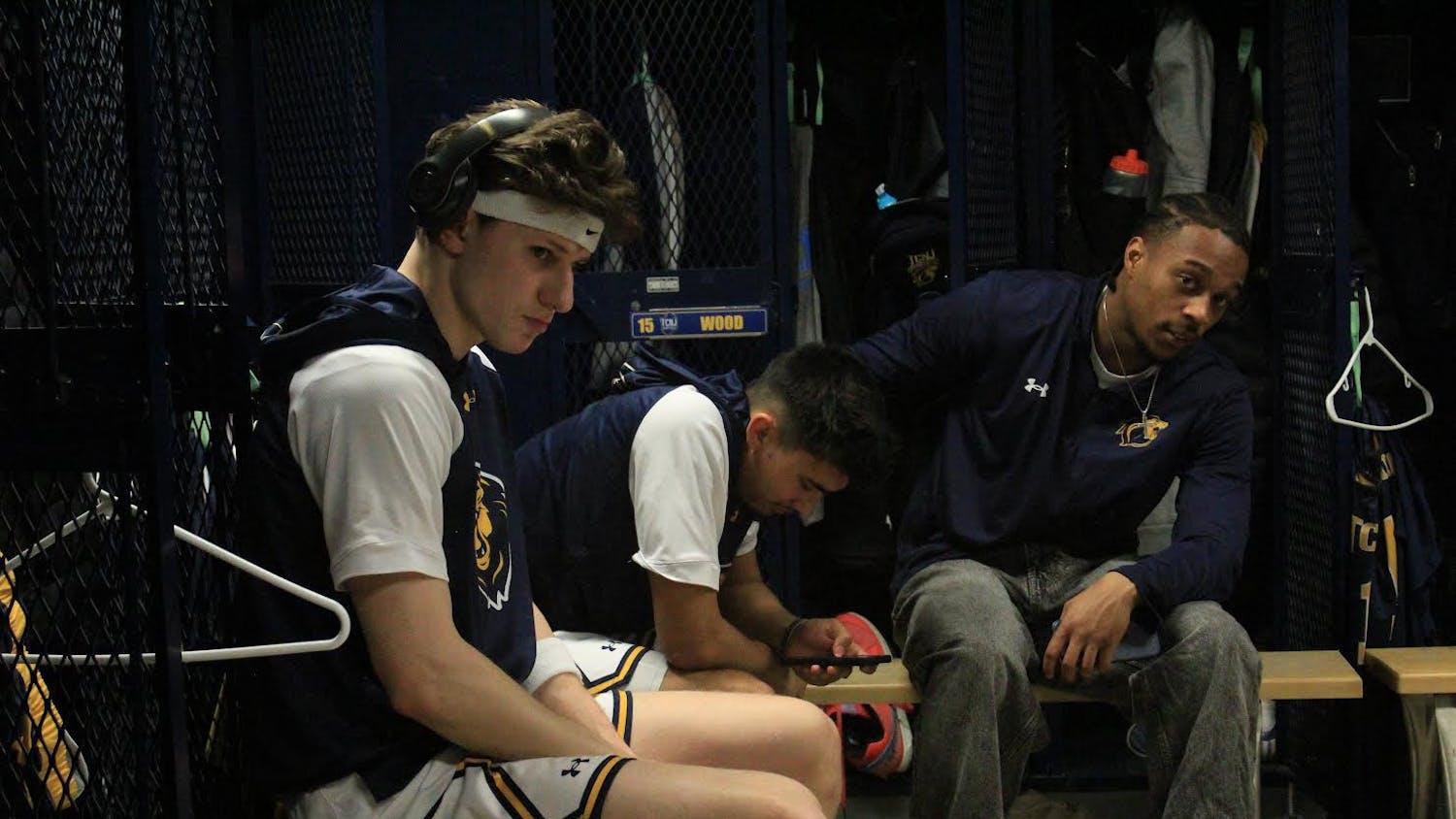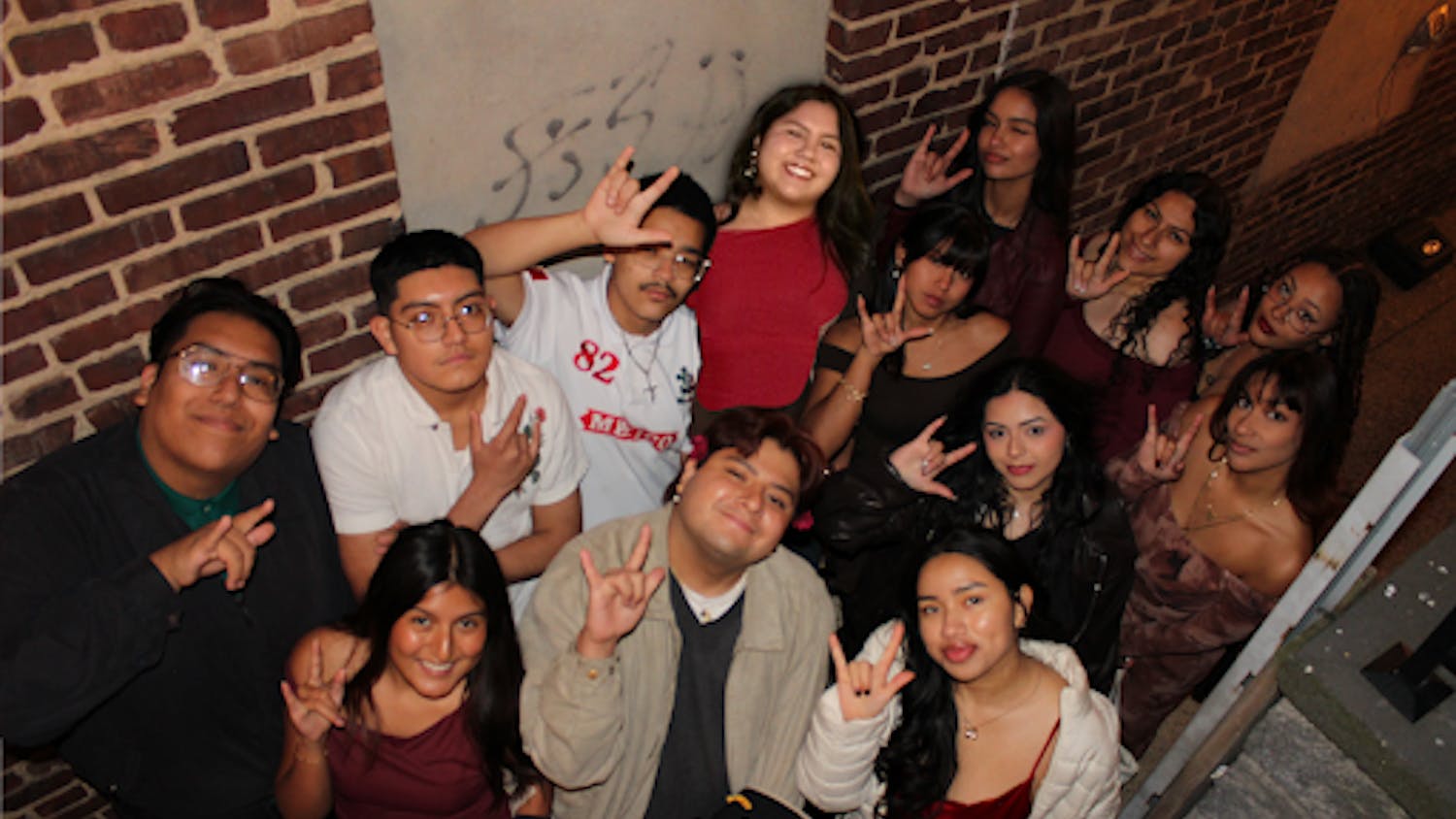By Kevin Hornibrook
Correspondent
When the College established a “Black Studies Program,” it was done as a reaction to racial turmoil. Pioneering scholars stepped in to fill a dangerous void, changing the course of the school and the community around it.
Among these scholars were highly regarded playwright and first Department Chair Donald Evans, academic Gloria Harper Dickinson, historian and Nigerian immigrant Stephen Chukumba and renowned bassist Lee Ridley. These trailblazers established race-related education as a mainstay of the College. Members like Dr. Dickinson stayed for several decades, leaving an invaluable mark on the campus.

The department, since renamed to the African American Studies Department, celebrates its 50th anniversary this year — an important milestone in a history full of enrichment, struggle, and growth.
Affiliated member and former interim Department Chair Dr. Kim Pearson began her career at the College 30 years ago with the english department. She shared the third floor o Holman Hall — a building that no longer exists — with the African American Studies Department, which at the time consisted of only three faculty members and still had not offered a major.

“There’s been tremendous growth,” Pearson said, noting the academically diverse faculty and numerous majors cross-listed with other departments. “It’s become a really rich part of the intellectual life of the campus.” However, the path to this point was not easy.
“Every bit of progress African American Studies has made from its establishment to its growth has been the result of concerted effort and advocacy on the part of faculty, students and community supporters,” she said. “That’s partially because African American Studies at TCNJ and across the country arose at a time when there was a clamoring for social justice and equity in education across the country in the 60s and 70s, at a time when there was a thoroughgoing critique of the inadequacies of mainstream higher education.”
The College was no stranger to such clamoring. Crowds burning effigies of the College’s president, organized strikes, resignations in protest and more all were part of a larger movement to force the administration to make the school more accessible and beneficial to minority students.
History professor and former Department Chair Dr. Christopher Fisher explained how the department itself was a result of this unrest.
“There were a series of riots on campus, and in response to these riots [three professors] were cobbled together by President Harold Eickhoff and they started the department,” he said.
“African American Studies is a little weird when compared to other programs. Most of the newer disciplines like women and gender studies begin as programs and once they get enough people [they become a department]. Dr. Eickhoff wanted to make African American Studies a priority — he made it a department from the start.”
Even as a product of an era of demanding social justice, the African American Studies Department had to and continues to do extra work for progress.
“For African American Studies the additional difficulties include the fact that we still aren’t doing the job we need to do in K-12,” said Pearson. “We shouldn't have to have a conversation about why African American Studies is important to everybody and not just one segment of the population.”
Fisher added in depth ways to begin combatting this issue, believing that the change needs to start at the elementary level.
“When you are looking at elementary-ed schools and students and the way in which they teach the origins of the U.S. story, it's usually the celebration of the immigrants coming to America,” he said. “I think we’ve been pressing our education department to teach the teachers who will go into the education system to complicate what it means to be an immigrant. Thinking about what those migrants meant to the people who were already here.”
Another added burden unique to the department is an expectation to educate everybody when current events incite often difficult dialogue surrounding race. Being asked to run workshops, tutor informally, serve on new committees and more is what Pearson called engaging in “uncompensated labor.”
“Despite [all of that], I’m very excited for where African American Studies is now,” she said. “You look at the work that's being done, the book that came out last year from Piper Kendrix Williams and Winnie Brown-Glaude and Juda Bennett and Cassandra Jackson — wonderful, wonderful work.”
Fisher mentioned the unfortunate reality that many African Americans have had their lineage erased.

“One of the things you find with African Americans is that they’re constantly trying to better define themselves,” he said. “I think what we're seeing from the scholars who are in the department now is people who study the way in which people with few resources are basically inventing themselves, and there’s nothing more American than that, right?”
Fisher, who has been at the College since 1999, has been very pleased with the department’s approach to analyzing and breaking down institutional racism. Through courses like advanced criminology, students have learned to understand the divisive and racially-driven nature of the justice system and American laws.
“I’m very proud of the way that TCNJ has been committed to African American Studies,” Fisher said. “I think for every student who goes through [the College], in particular the students who are not Black — once they get the experience they are going to realize just how valuable it was and how far it places them ahead of the curve of other students from other parts of the country. I’m convinced of that.”
There are still many ambitions for the future. While this anniversary is certainly an accomplishment, faculty like Pearson don’t see it as a finish line.
“What I want to see in the next 50 years? I want us not to have this conversation,” said Pearson. “I want to talk about African American Studies as a disciple the way we talk about music or art or history so we don't think about African American Studies as ‘this thing over here.’”







